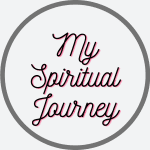“One who lives in God lives in others because it is in the other that God is found.” -Sr. Ilia Delio
Making Friends
Friendships begin in all kinds of ways, but someone has to do something to get the ball rolling. If you’re looking for a friend and wondering why you can’t find one, think for a moment about your calling. What are you being called to do to be a friendship starter? Here are a few ideas to ponder:
- Where do people you might enjoy being with gather? How can you be in that place regularly?
- What kinds of organizations would you consider joining to meet people?
- How could volunteering get you in touch with people who share your values?
- Think about people you know. What simple steps can you take to move the relationship to the next level?
Here’s a little inspiration for you:
Keeping Friends
Sustaining a friendship over the long haul is a different kind of calling experience. Good friends are called in a number of ways:
- Good friends are called to listen. How can you learn to be a better listener? Click Here for a helpful set of resources on active listening.
- Good friends are called to make time for each other. How much time in your week or month do you want to devote to friendship-building?
- Good friends are called to be there in time of need.
- Good friends are called to forgive offenses.
Speaking of forgiveness, here’s an unlikely friendship that was built on the power of forgiveness. This is a story of very big forgiveness. Be prepared to be inspired:
Turning Enemies into Friends
Each of us is called to cross boundaries and build unity. Building friendships with people who are different from us is really important if we are going to have peace in our communities and in our world. But how do you turn enemies into friends? How do you build connections with people when there are big disagreements that separate you? Watch this beer commercial for a few clues.
Notice what happens to make these connections possible:
- Each person begins by stating his/her position in an unfiltered way before they meet.
- They meet and are instructed to begin building something together.
- Then they begin to get to know each other. They listen to the other person describe his/her core identity using adjectives and simple stories to illustrate the adjectives.
- Then they build again and finish the bar.
- Now that they know each other and have a common experience (building the bar) they learn a deep truth about the other person that highlights how different they are.
- Then they are given a choice: stay or walk away.
- Then they sit down together and talk over their differences.
What can we all learn from this if we want to turn enemies into friends?
We get a charge out of hearing from people who use these pages. Feel free to write a reflection using the form below, something that we can read and enjoy. You can tell us what this page did for you. You can make suggestions. You can even complain if you want to. Don’t worry, we’re not tracking you, and you won’t be asked to give any identifying information. We won’t respond unless you ask us to. Thanks!

